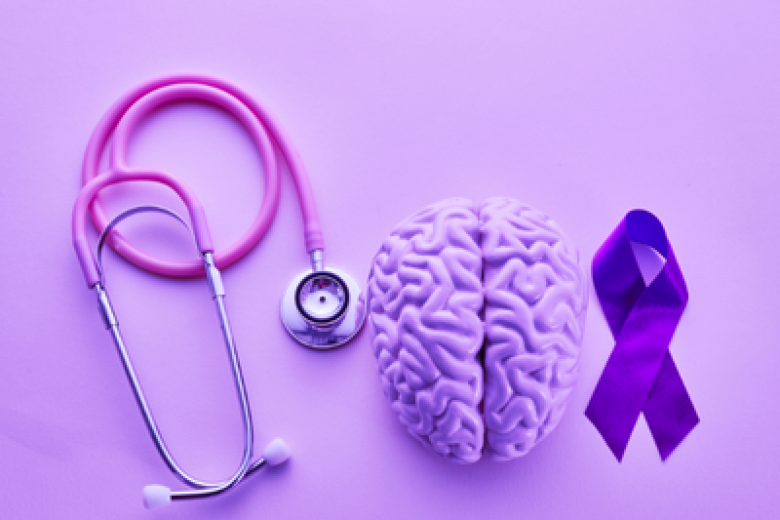Out of the shadows: A qualitative exploration of shame in learners across the continuum of medical education
‘’Overwhelmed and needing to immediately disappear, I quietly handed the baby to the pediatrics team, slipped out of the room, and searched for a place to hide. Minutes later, alone and crouched behind a chair in a hospital meditation room, my self-evaluation escalated: the voice in my head, once one of quiet questioning about my capability and worthiness to be in medicine, now pierced my swirling thoughts as it screamed: “What did you just do, you incompetent piece of shit? You fraud! You reckless, dangerous physician!
I internally winced at this harsh, accusatory, megaphonic voice—one I had never experienced before—and I simultaneously lamented the absence of the voice of internal validation on which I had come to rely. In that room—and over the days that followed—I was unable to contemplate myself as anything other than broken and unworthy, and I wondered how I would show my face on the unit again. Also absent was the person I knew myself to be: a resident who generally excelled and was worthy of the trust and responsibility placed on him, now replaced by the “new” me, a broken, deeply flawed person whose inner voice intrusively catechized: “who are you now?”
What you just read was the start of Chapter 1 in: Out of the shadows: a qualitative exploration of shame in learners across the continuum of medical education by Will Bynum. Last month, he successfully defended his PhD at the School of Health Professions Education on shame in learners in the medical education setting.
Will provided a summary for us that shows in detail the scope of his research.
The psychology of shame
Shame is a self-conscious emotion that results from a negative evaluation of the global self and can induce significant suffering and emotional distress. Shame largely exists in the shadows of our public lives, owing to the taboo and stigma that surround it. Shame may be particularly salient during medical training, which is an inherently risk-laden endeavor as individuals put themselves on the line amid public, rigorous, and high-stakes learning.
The psychology and medical education literatures point to myriad ways that shame may function in medical education, including maladaptive response to medical error, impaired learner well-being, declines in learner empathy, and mistreatment and incivility in medical learning environments. However, despite its ubiquitous and potentially destructive nature, little is known about the experience of shame in medical learners.
Thus, this program of research asks: How do medical learners experience shame across the continuum of medical education?
Methodology
This research program was conducted in residents (study 1), medical students (studies 2 and 3), and pre-medical students (study 4) from institutions in the United States. Tracy and Robins’s Theory of Self-Conscious Emotion was used as the theoretical framework. In each study, data was collected in a single session with three parts: an elicitation technique about an experience of shame (e.g., a written narrative or rich picture), a 60-minute semi-structured interview, and a debriefing session, and a total of forty participants were enrolled across the four studies.
Data analysis was done through hermeneutic phenomenology, which is a qualitative methodology that combines theory, reflection and practice that combines vivid descriptions of lived experience (phenomenology) together with reflective interpretations of their meanings (hermeneutics). It requires researchers to bring their own experiences of the phenomenon into data collection and analysis, and it takes into consideration not just the nature of the phenomenon but also how the environment and context influence that nature.
Results
Shame in learners across the continuum of medical education could range from a fleeting emotion to a “sentinel emotional event” that causes profound emotional and psychological distress, isolation, and impaired empathy, among other negative effects.
Shame was triggered by events related to patient care (e.g., medical error), learning (e.g., struggling to present a patient), assessment (e.g., low standardized test scores), and interpersonal interactions (e.g., mistreatment by a supervisor), and it was fueled by contributing factors such as perfectionism, comparisons to others, underrepresentation, and lack of psychological safety.
Performance-based self-esteem was a particularly conspicuous contributing factor whose origins were found in early education and whose effects projected well into residency training. We also came to understand shame as a destabilizing emotional state that, in the presence of powerful ideological forces, challenges self-concept, fuels identity negotiation, and expends identity work in learners across the continuum of medical education.
Conclusion
Learning medicine is a risk-laden endeavor, and, as this program of research suggests, it is also a shame-laden endeavor. In shining a light on its hidden presence, this research highlights phenomenological structures of shame that will aid in greater recognition of - and constructive engagement with - this emotion during medical learning.
In addition to equipping students, educators, and institutional leaders with information to advance shame resilience in medical education, this research program emphasizes the central role of self-concept in the professional development of medical learners.

Also read
-
Sterke impuls voor revalidatiezorg: Revant treedt toe tot Academische Werkplaats Revalidatie
Revant treedt per 27 november 2025 toe tot de AWR, waarmee de positie van de AWR als innovatieve speler in de revalidatiezorg verder wordt versterkt. Hierdoor breidt de samenwerking zich uit van Limburg naar West-Brabant en Zeeland.
-
Measuring the true impact of Epilepsy
Epilepsy is a condition that extends far beyond its visible symptoms, affecting the daily lives, well-being, and financial stability of patients and their caregivers. For Darin Elabbasy, PhD student at CAPHRI (VHC), understanding these broader impacts is at the heart of her work.
-
New Scholarship Opportunity: Rachel and Alan Wyatt STS Scholarship
The Rachel and Alan Wyatt STS Scholarship has been established to support students wishing to pursue a master’s degree in Science and Technology Studies (STS). In memory of her parents, the scholarship has been established by Sally Wyatt, Professor of Digital Cultures in our Faculty of Arts and Social...